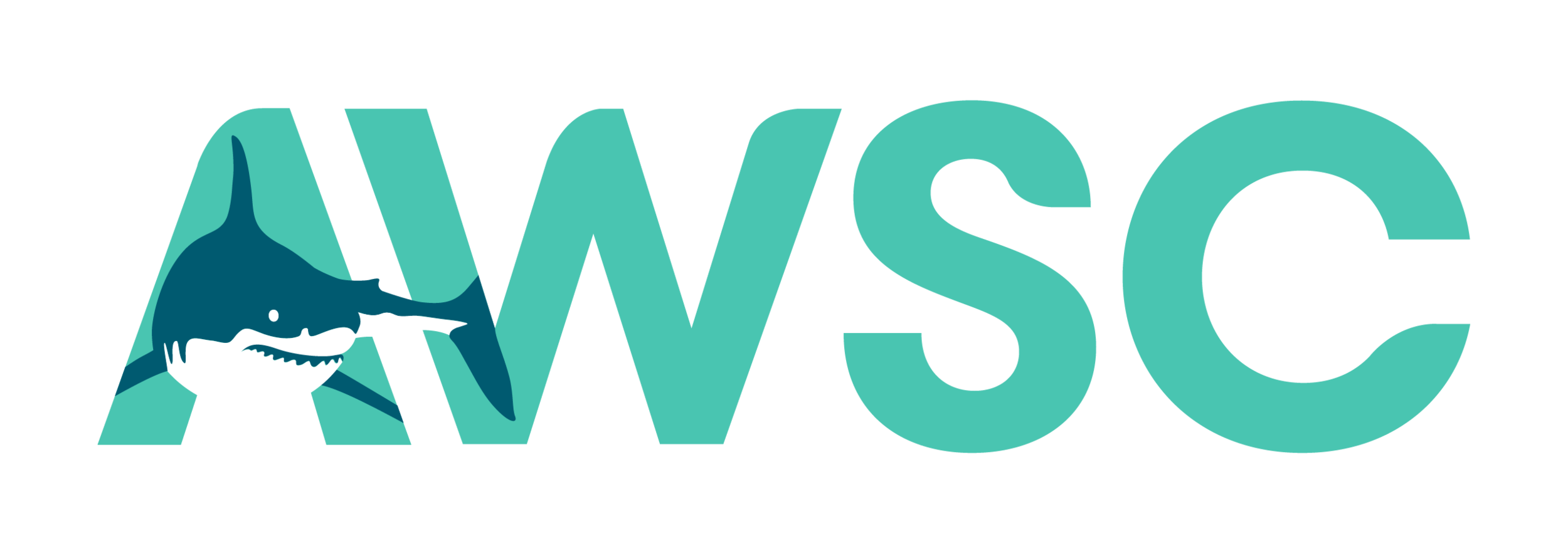SHARK SEASON: South Shore urged to join effort to monitor great whites
By Frank Mand, Wicked Local, Beverly
PLYMOUTH – Forget the groundhog. If you need assurance that spring is actually just a month away, consider the sharks.
That’s what officials from Plymouth, Wellfleet, Chatham, Scituate, Orleans, Duxbury, the Cape Cod National Seashore and the Massachusetts Environmental Police were doing Monday at Plymouth library. They were talking about sharks.
Great whites, to be specific.
This primordial creature has become a regular visitor to the coast of Eastern Massachusetts and Cape Cod in recent years, though how many choose to summer here is still not clear.
If you run into one, of course, you’re not going to be too concerned with the data. Two young women had just such an encounter last September off a rocky Manomet beach. That frightening encounter became the impetus for several meetings of officials from coastal communities, several of which were once thought to be outside the great white’s hunting grounds.
Organized by Plymouth Harbormaster Chad Hunter, the meeting featured a presentation by Division of Marine Fisheries Program Manager Dr. Greg Skomal, along with Cynthia Wigren of the Atlantic White Shark Conservancy.
Skomal provided updates on white shark research, communication tools and regulations.
Wigren focused on safety and the need to raise funds for research, and also offered a new safety brochure available to communities that offers facts, online resources and a list of tips for swimmers and surfers.
One of the more interesting research sites the public can access is OCEARCH (ocearch.org), which offers global shark tracking.
The site shows that a female great white named “Katherine” pinged an acoustic receiver on Cape Cod at 8:33 a.m. this past Tuesday. Katherine has logged more than 11,000 miles since she was tagged in 2013, traveling from Cape Cod to the Gulf of Mexico and back again.
Back again. That’s a key issue for local beach-goers and officials. Skomal stressed that sharks are regular residents of the area, so local authorities should implement proactive plans, not simply react to occasional sightings.
But Skomal also acknowledged that, especially in these new areas of concern, they have no idea of the numbers of great whites that regularly take up residence, nor when they are here.
The most important thing they can do now, Skomal said, is help gather additional data.
“That was the main theme of the meeting,” Skomal said. “We’re trying to convince these other communities to come into the fold, to do what they have been doing on the Cape.
“We shared the results of our data, but those results are based on limited data. We know they get into Cape Cod Bay, and are likely on the North Shore as well. There are historical records of sightings going back hundreds of years. But the extent of their movements and an accurate sense of the numbers, we just don’t know.”
To know more, Skomal suggests that the towns along the South Shore, from Scituate to Plymouth, consider helping to increase what he calls “spatial coverage.”If town’s deployed their own acoustic receivers they would have a better chance of knowing when any tagged sharks had entered their area.The cost to the towns would be $1,500 for each acoustic receiver deployed. And while he would like to see hundreds of these deployed, Skomal said that if each town put one or two or three out in to their waters, that would dramatically improve their tracking ability.Then, if “Katherine” paid a visit, the town harbormaster would be on alert and could, if necessary, take other measures.There are 40 tagged white sharks that regularly swim in the water off Cape Cod, Skomal said, but only a few towns - Orleans, Chatham and Truro – have deployed receivers that monitor their passage.That may be changing, though, Skomal said. Based on reactions at the meeting he said he felt that Plymouth, Duxbury and Scituate were going to seriously explore the idea of acquiring their own acoustic receivers.And, if those and other communities participate, it will dovetail with a five-year study by Skomal and marine biologist John Chisholm to answer the important question, just how many white sharks are out there.“The Atlantic White Shark Conservancy funded the first year of the study, and our goal is to fund it through to completion,” Wigren noted. “In year one, 68 white sharks were identified and cataloged.”The bottom line, Wigren said, is improved public safety.“We believe Cape Cod and the island towns have improved public safety by raising awareness about the presence of white sharks and providing safety information,” Wigren said. “Towns on the South Shore of Massachusetts are preparing to do the same.”
